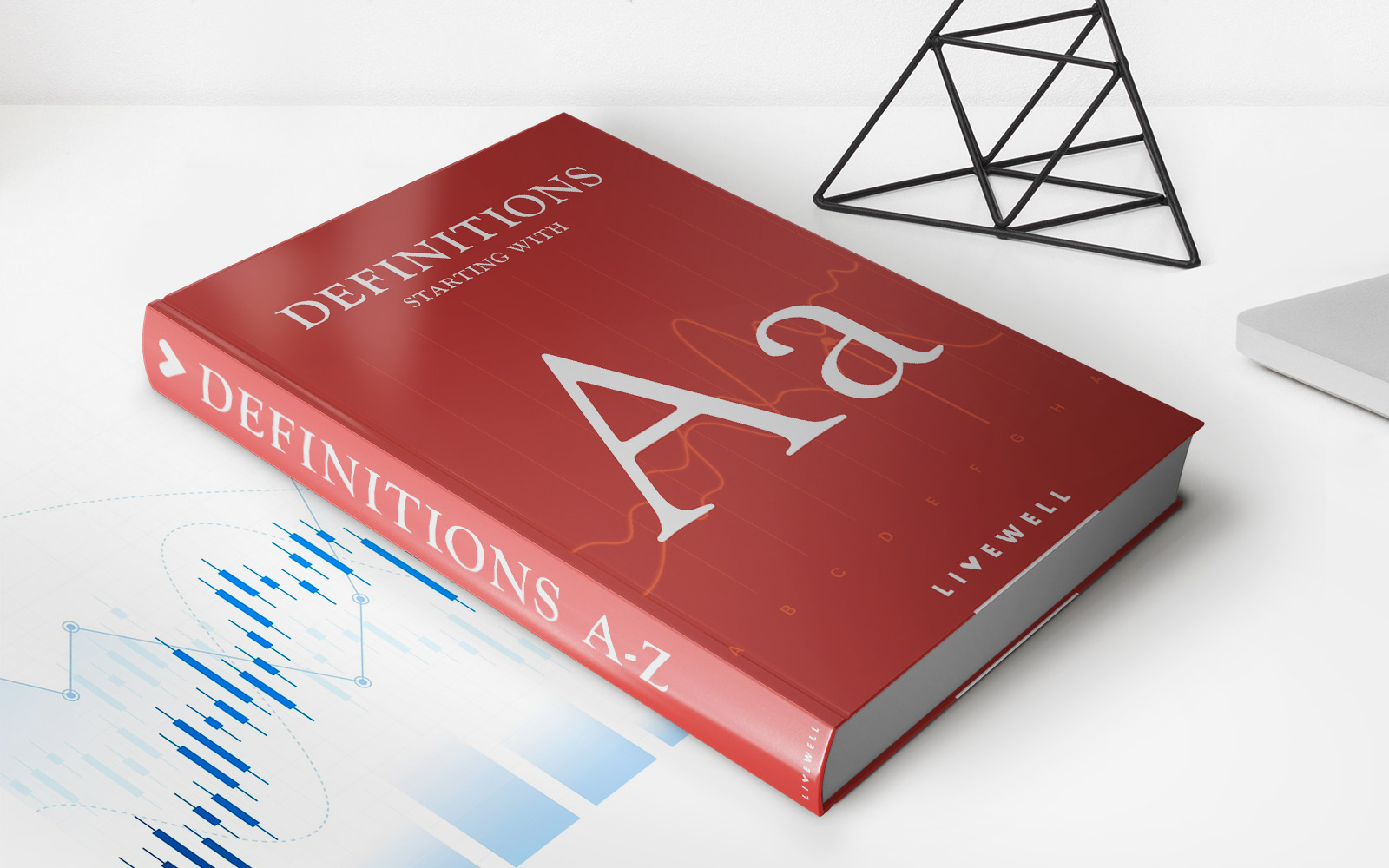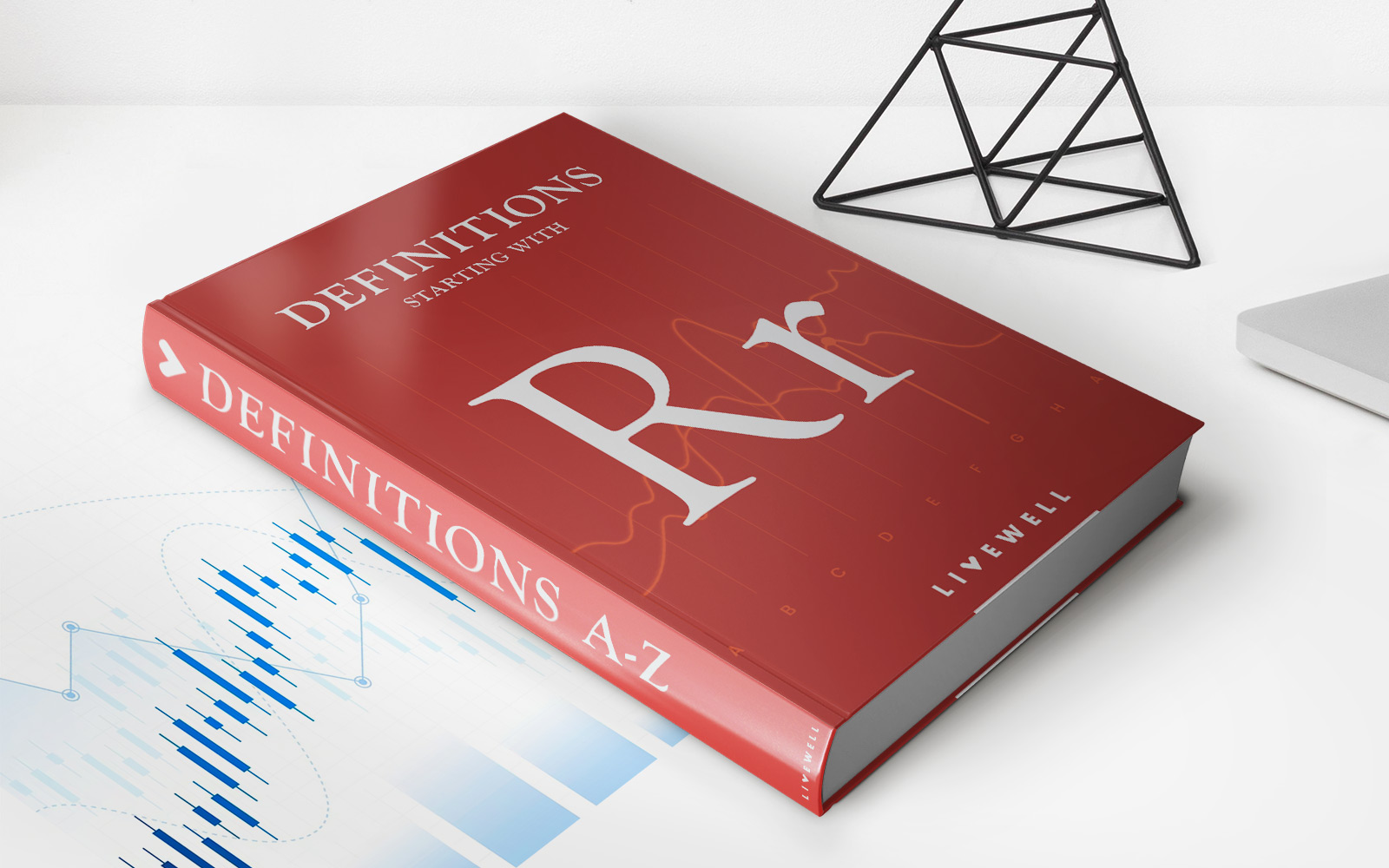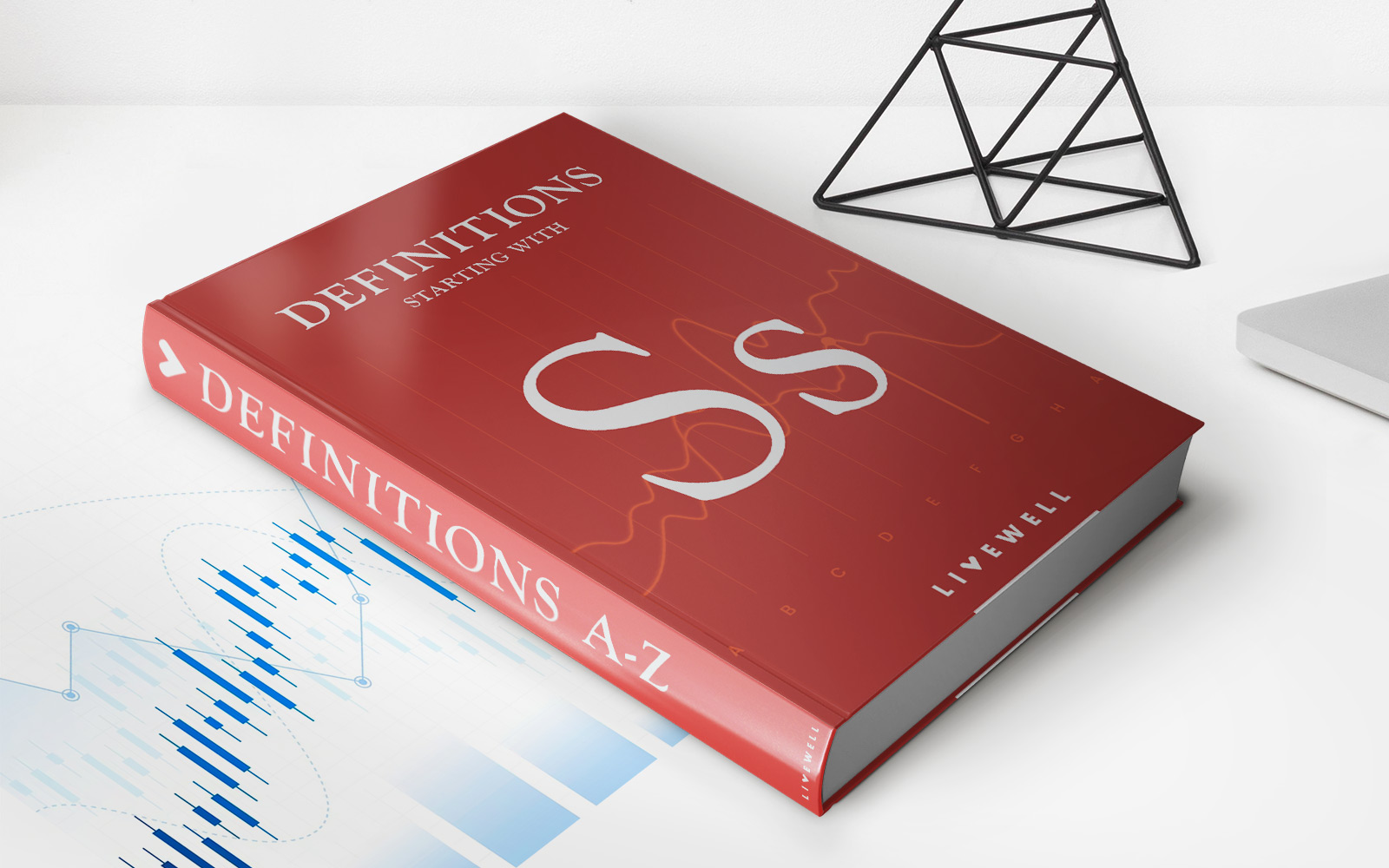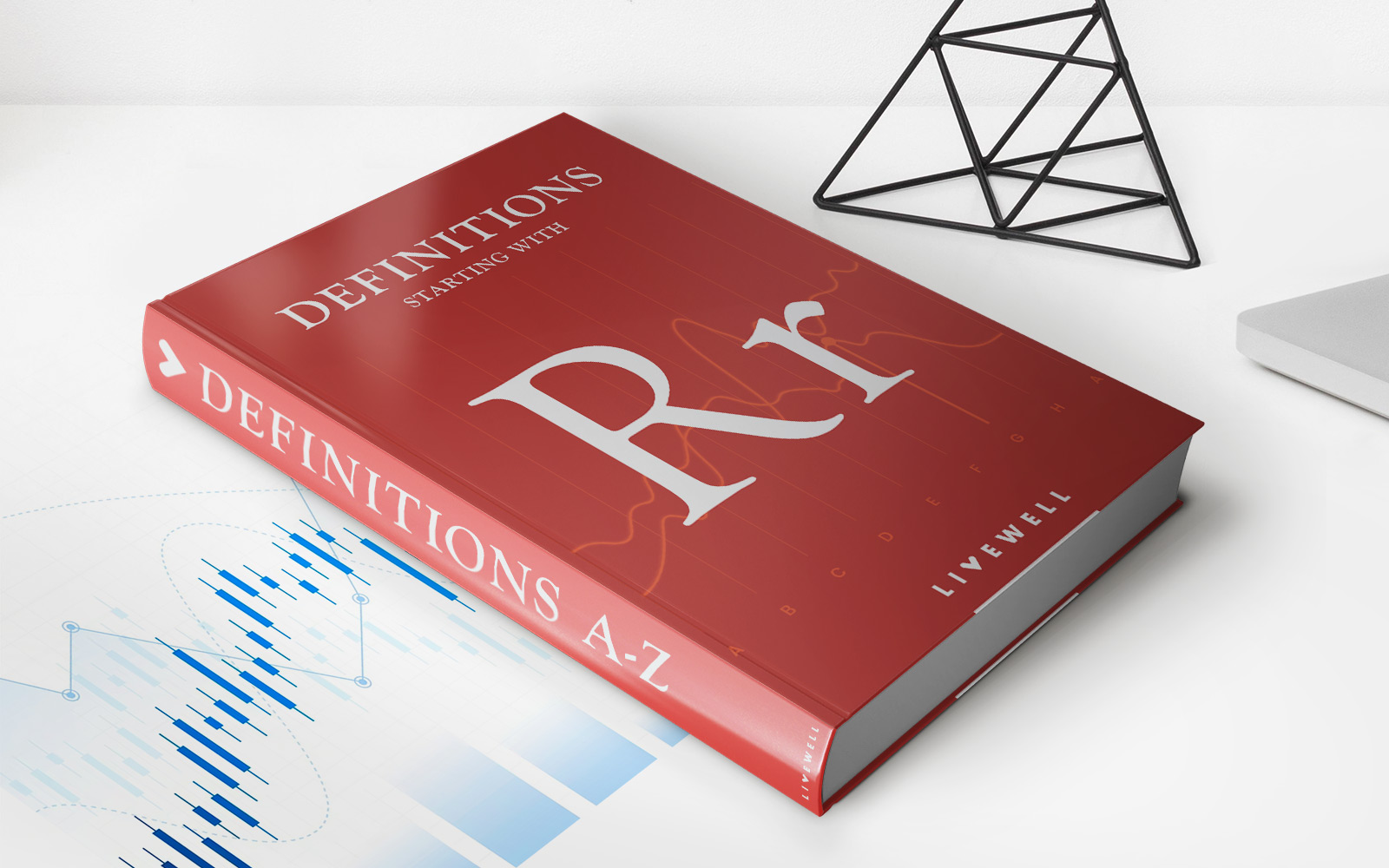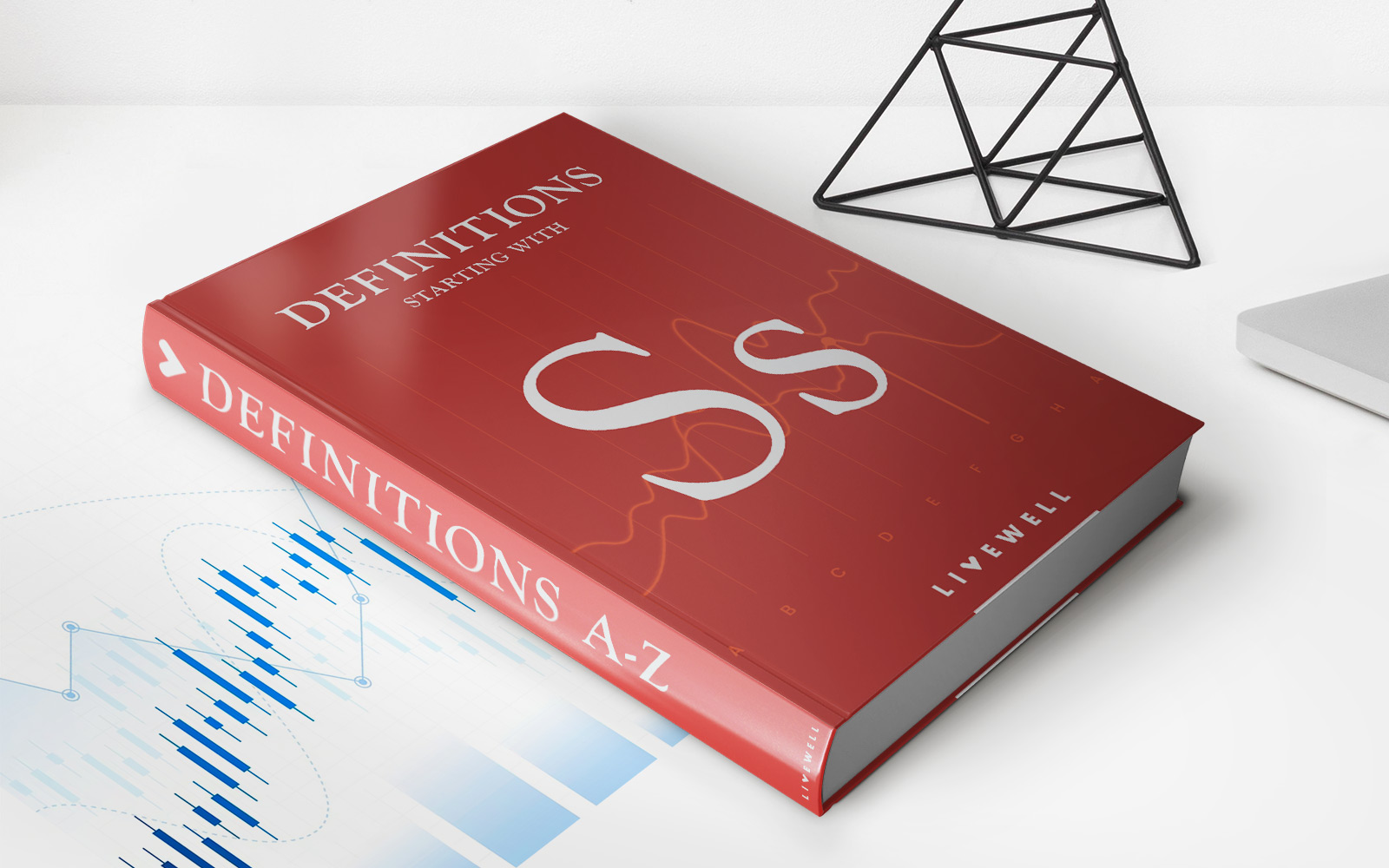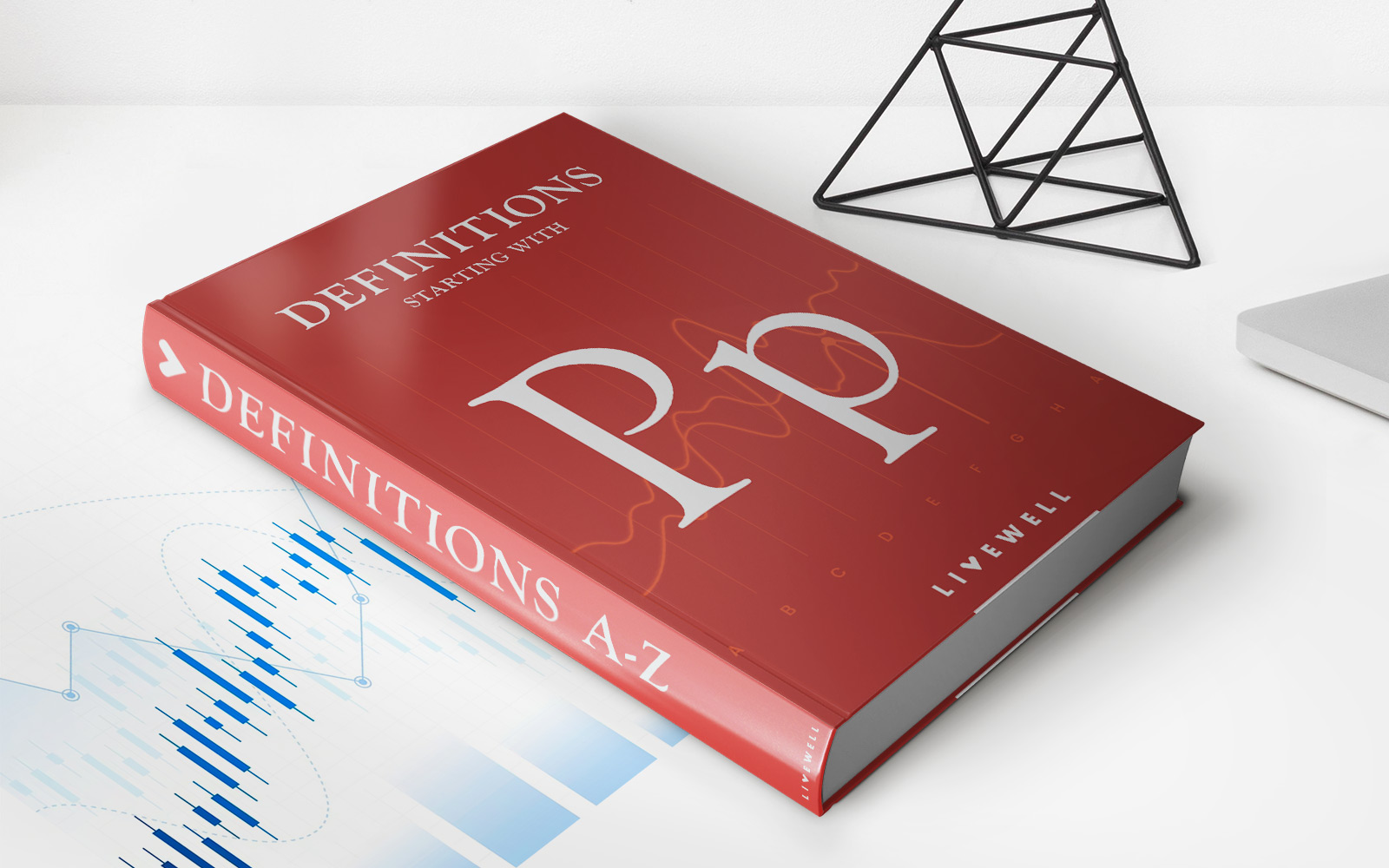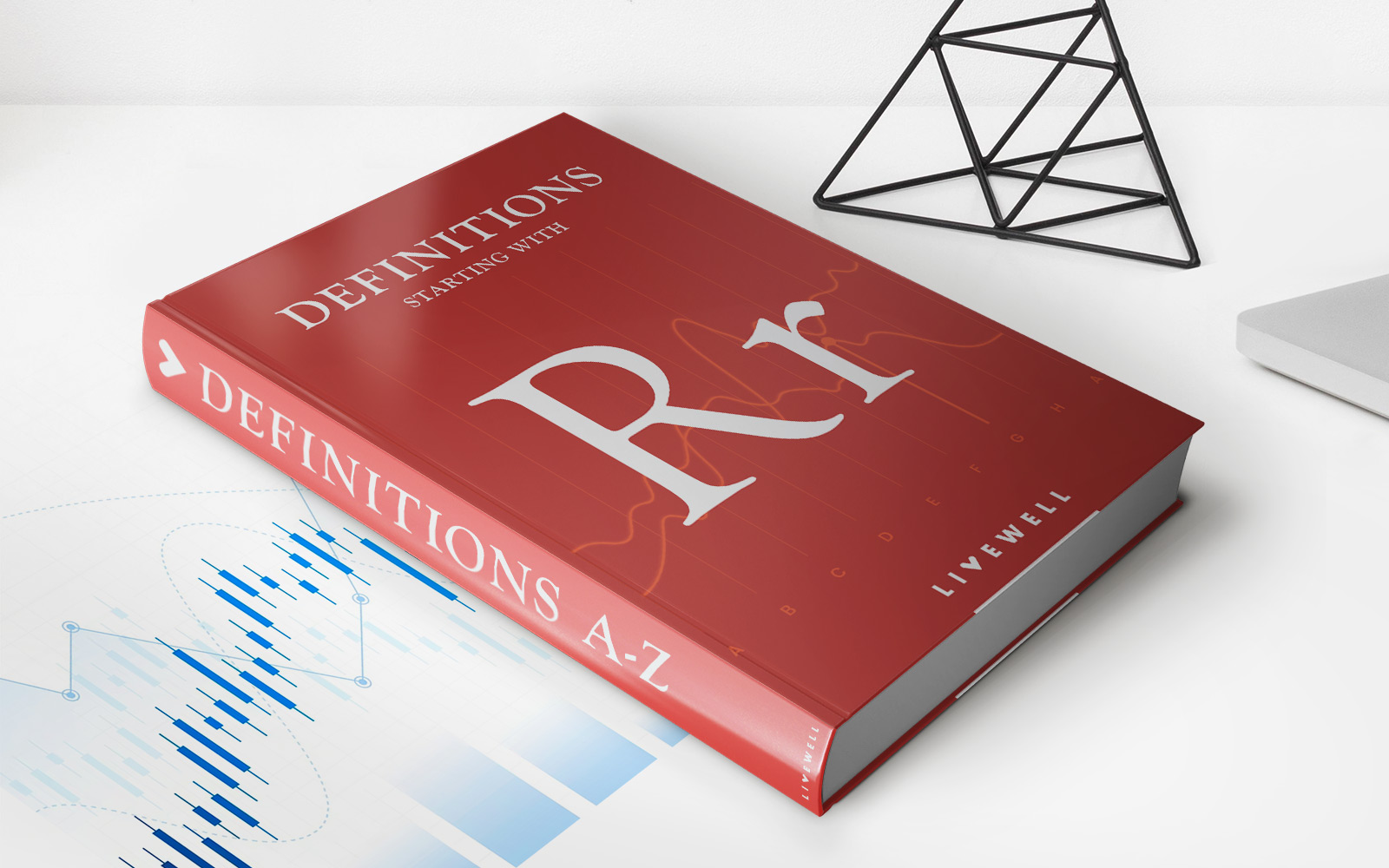Home>Finance>SEC Rule 144: Definition, Holding Periods, And Other Rules

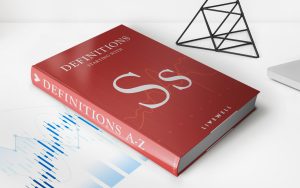
Finance
SEC Rule 144: Definition, Holding Periods, And Other Rules
Published: January 25, 2024
Learn about SEC Rule 144 in finance, including its definition, holding periods, and other important rules. Gain insight into this key regulation.
(Many of the links in this article redirect to a specific reviewed product. Your purchase of these products through affiliate links helps to generate commission for LiveWell, at no extra cost. Learn more)
Understanding SEC Rule 144: Definition, Holding Periods, and Other Rules
When it comes to the complexities of finance, SEC Rule 144 stands out as a regulation that can puzzle even the most seasoned investors. Whether you’re an individual looking to sell restricted securities or a business aiming to issue them, understanding Rule 144 is crucial to ensure compliance with the Securities and Exchange Commission (SEC). In this blog post, we will delve into the details of SEC Rule 144, exploring its definition, holding periods, and other rules you need to know.
Key Takeaways:
- SEC Rule 144 outlines various requirements to sell restricted securities in the public market.
- Holding periods under Rule 144 depend on whether you are an affiliate or a non-affiliate of the issuer.
1. Defining SEC Rule 144
SEC Rule 144 is a regulation created by the SEC to facilitate the sale of restricted and control securities. Restricted securities are typically acquired through private transactions, such as private placements or employee stock options, and are subject to certain limitations when it comes to their sale in the public market. Rule 144 provides criteria and conditions for the sale of these restricted securities without registration under the Securities Act of 1933.
It’s important to note that Rule 144 applies to both individuals and businesses looking to sell restricted securities. While individuals are often referred to as “affiliates” of the issuer, businesses are commonly referred to as “shell companies.”
2. Holding Periods under Rule 144
One of the key aspects of SEC Rule 144 is the establishment of holding periods. These holding periods determine the timeline within which restricted securities can be sold publicly. The duration of the holding period differs based on whether the seller is an affiliate or a non-affiliate of the issuer.
Affiliates: Affiliates of the issuer, such as directors, officers, or large shareholders, must adhere to specific holding periods before selling restricted securities publicly. The typical holding period for affiliates is six months. However, this period can be reduced to three months if certain conditions are met, such as the current public information about the issuer being available and the sale being limited in volume.
Non-Affiliates: Non-affiliates, also known as non-affiliated shareholders or investors who don’t possess insider knowledge or controlling interests, do not have a prescribed holding period under Rule 144. These shareholders can sell restricted securities freely once they become unrestricted through an SEC registration or another exemption.
3. Other Rules under Rule 144
Aside from the holding periods, SEC Rule 144 also encompasses additional rules and conditions that need to be considered when selling restricted securities:
- Volume Limitations: Rule 144 limits the number of restricted securities that can be sold within a specific period, typically 90 days.
- Current Public Information: Affiliates must ensure that proper and adequate information about the issuer is accessible to the public before selling restricted securities.
- Brokerage Transactions: Certain sales of restricted securities by affiliates require the involvement of a registered broker-dealer.
- Filing Requirements: Issuers and affiliates selling restricted securities under Rule 144 may need to file various forms with the SEC, such as Form 144.
It’s essential to consult with legal and financial advisors when dealing with SEC Rule 144 to ensure compliance with all the stipulated requirements and to navigate the intricate world of restricted securities.
The Bottom Line
Understanding SEC Rule 144 is paramount for individuals and businesses operating in the finance world. By fully comprehending its definition, holding periods, and other rules, you can streamline the process of selling restricted securities while adhering to the regulations set forth by the SEC.
Key Takeaways:
- SEC Rule 144 outlines various requirements to sell restricted securities in the public market.
- Holding periods under Rule 144 depend on whether you are an affiliate or a non-affiliate of the issuer.
Compliance with SEC regulations is crucial to maintain the integrity of the financial market and protect investors. Familiarize yourself with Rule 144 and ensure you have the necessary knowledge to navigate the complexities of the securities industry.

